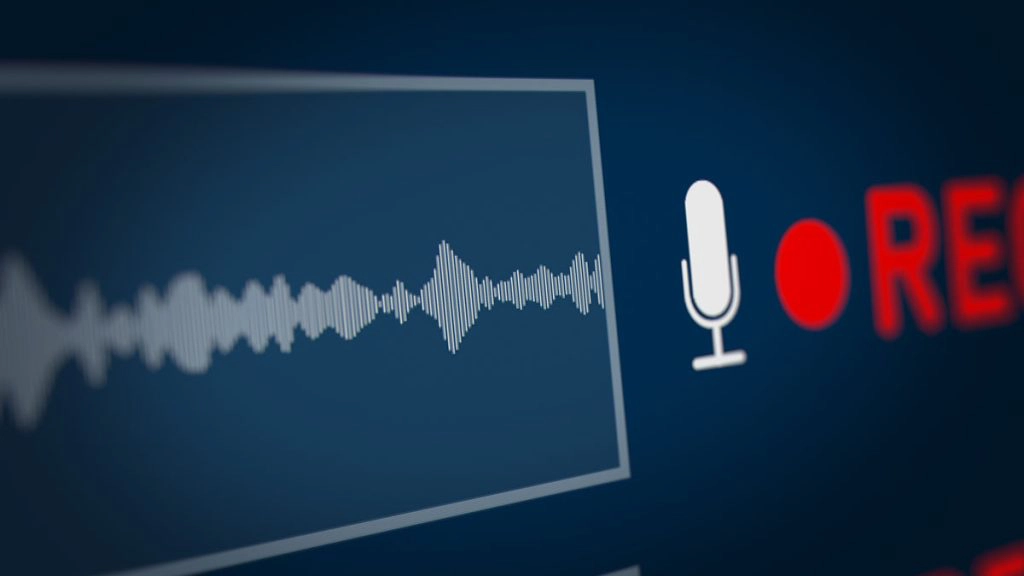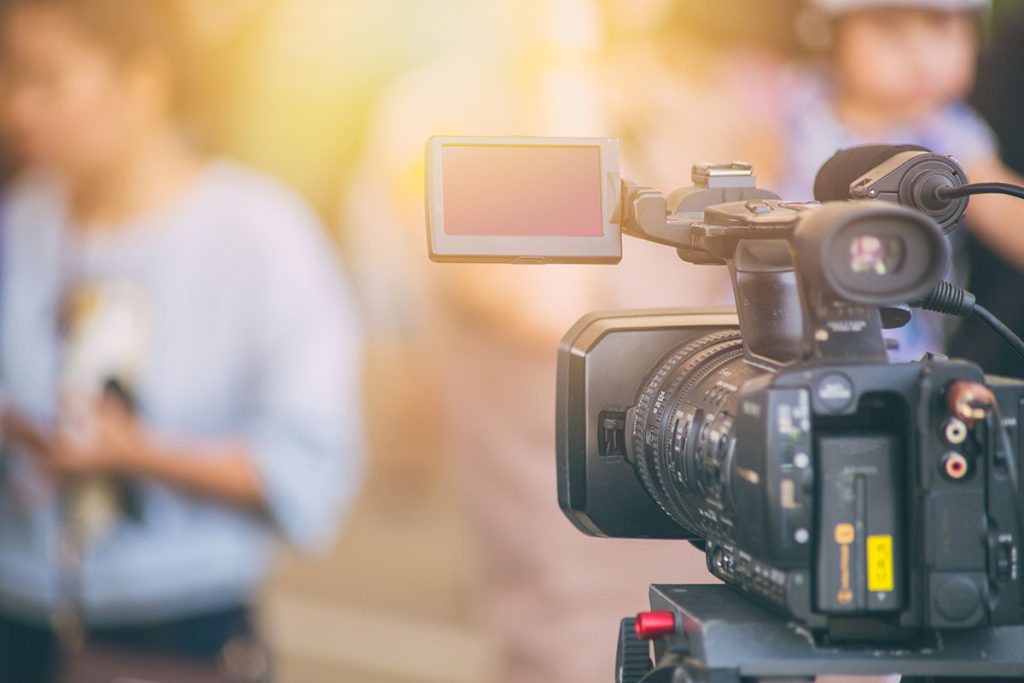
Can You Record Phone Calls and Conversations in India?
In India, the law is not clear when it comes to recording calls and conversations. No law specifies whether one-party consent or two-party consent is required. However, several laws can be used as a guideline.
Indian Law does not state it is illegal to record conversations or phone conversations that you take part in without seeking consent from all parties to the conversation.
Therefore, it is our understanding you can record phone calls and conversations in which you’re a participant without seeking consent. However, be careful how you use the recordings and what type of information is contained in the recordings as the other party may claim a violation of privacy.
As a rule of thumb, it is advisable to seek consent from the other party if you can unless you’re collecting evidence.
In addition, using the recordings from your calls and conversations for defamation or blackmail may expose you to liability.
What is illegal is recording phone calls and the conversations of others without obtaining written consent from all parties to the conversation.
This is considered a violation of Privacy which is guaranteed under Article 21 of the Indian Constitution which addresses the protection of life and personal liberty.
Right to Privacy
However, the right to privacy is not absolute. This right can be overridden by section 5(2) of the Indian Telegraph Act which grants the Government power to intercept and monitor messages. In addition, Rule 419 and 419A of the Indian Telegraph Rules sets out procedures to be followed during the interception and monitoring of messages by the Government.
In certain cases even if the interception or taping of conversations is illegal, the Government may claim that the taping was necessary for the interest of public safety or because of an emergency.
Are Recordings Admissible in Court?
According to Section 3, 65A and 65B of the Indian Evidence Act, 1872, recorded conversations submitted to the court are admissible as evidence.
However, the court requires certain conditions to be met before the recording is considered as evidence. These include:
- The voice should be recognizable.
- The recording should be accompanied by evidence of authenticity.
- The recording should not be interfered with before the presentation.
- The recording should be relevant to the case.
- The voice in the recording should be clear.
- The storage device containing the recording should be kept sealed in custody.
Supreme Court Decisions
Recording Conversations You Take Part in for Evidence
In a case, R M Malkani vs. State of Maharashtra, involving a conversation between an appellant and witness which was recorded by the witness, the Supreme Court ruled that a witness can record a phone conversation with the accused and the recording will be considered admissible in court.
Recording the Conversations of Others
In a case, Rayala M. Bhuvaneswari vs Nagaphanender Rayala, between a husband and wife, the Supreme Court ruled that the act of the husband taping his wife’s conversation with others amounted to a violation of the right to privacy.
Can You Photograph or Take Videos of Others in India?

Article 21 of the Indian Constitution protects everyone’s right to privacy under the protection of life and personal liberty.
This means you may be liable for a violation of privacy if you photograph or record others in situations where they expect to be free from surveillance. For example, if someone is in a place where there is a reasonable expectation of privacy, you cannot capture them in any way lest you violate their right to privacy.
Places with a reasonable expectation of privacy include homes, toilets, changing rooms, hotel rooms, locker rooms, etc.